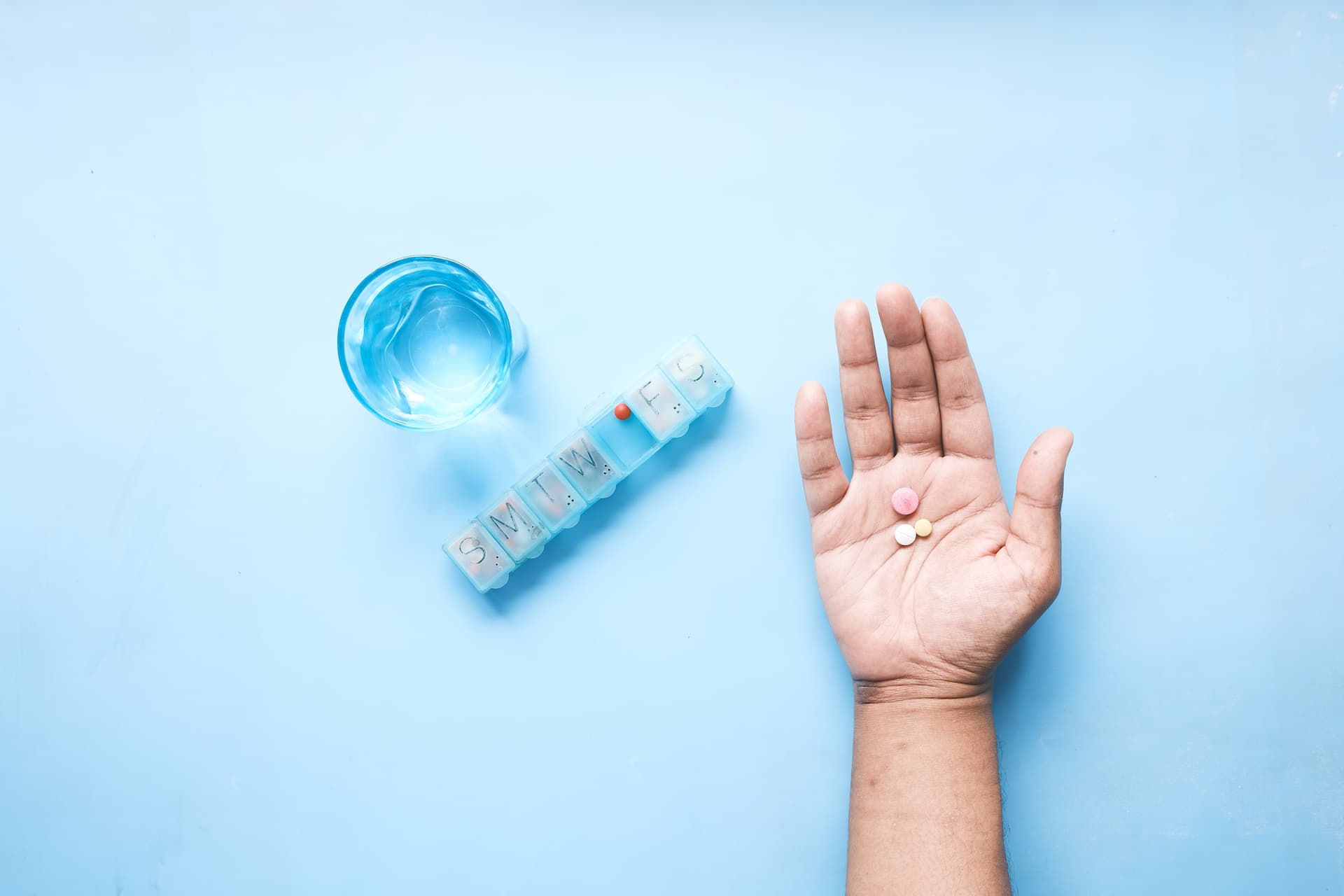Dr Shamila Moodley discusses the efficacy of SSRIs
An article published in The Times this week has suggested that a recent study casts doubt on the effectiveness of antidepressants.
Dr Shamila Moodley BSc (Hons) MBBS MRCPsych, maintains that antidepressants can have a life-saving effect on patients.
“As a multifactorial condition, there are many ways of treating depression. It doesn’t help to reduce the evidence just to one molecule,” she says.
“The huge clinical data that supports SSRI use for certain individuals is more than significant.
The damage one paper can do is quite scary – I’ve already been asked repeatedly about my views on this in two days.
Patients are questioning why this is written when they’ve had positive experiences on the medication. For many, it saves their lives,” she shares.
Whilst highlighting that not all people respond to medication, Dr Moodley highlights that for many people, SSRIs do work, “especially in combination with talking therapies and lifestyle changes, as it’s best to treat patients holistically.”
“There is no one case fits all but I have seen hundreds of patients recover and lead productive, happy lives once being on these. It is most beneficial in moderate to severe cases of depression,” she said.
Dr Moodley also emphasised some common misconceptions, SSRIs are not harmful if taken as prescribed by a qualified doctor.
“Another myth is they’re addictive. This is another media misinterpretation; it is not true. You can come off these – you just need slow, gradual titration, and care and attention from your treating doctor,” she advised.
For any advice on antidepressants or any other medication, please always consult your local GP or health professional.
What is depression??
Feelings of unhappiness, or feeling ‘down’, are completely common emotions that every individual will feel from time to time. Depression, however, is a mental health condition that is characterised by persistent feelings of sadness that affect the daily lives of sufferers.
Many things can cause depression; such as stressful or triggering life events (such as loss of a loved one, job loss, divorce or separation), family history and genetics or giving birth. The severity of depression can vary from one individual to another.
What are the signs and symptoms of depression?
The feeling of depression is deeper, longer and more unpleasant than the short episodes of unhappiness that everyone experiences occasionally.
Psychological signs and symptoms of depression:
- Low mood that persists over several weeks
- Losing interest in life and feeling hopeless about the future
- Losing interest in things you used to enjoy
- Loss of self-confidence
- Thinking critically about yourself
- Increased anxiety
- Finding it harder to make decisions
- Feeling unable to cope with tasks that used to be manageable
- Feeling exhausted and lacking motivation
- Feeling restless and agitated
- Avoiding social events and activities you used to enjoy
Physical signs and symptoms of depression:
- Fatigue or low energy levels
- Changes in appetite and weight
- Headaches
- Changes in sleeping patterns, either sleeping more or less than usual
- Digestive problems
- Low sex drive
- Unexplained aches and pains
What treatment options are available for depression?
Several different treatments are available at Nightingale Hospital London for depression. You may access these treatments or therapies as an outpatient, day patient or inpatient.
Therapy for depression
- Counselling enables individuals to talk about their feelings to an objective, professional person.
- Cognitive Behavioural Therapy is goal-directed, systematic, and problem solving therapeutic approach that focuses on how we think and act to help overcome and manage emotional difficulties.
- Interpersonal and dynamic therapy offers space for people to make sense of what they are doing through exploring ways of coping with difficulties and making useful changes to change their experience. Interpersonal therapies also offer a chance to understand difficulties you may have in relationships and ways to move forward.
Medication for depression
Medication, such as SSRIs (antidepressants) are evidence-based and proven treatments for depression. Medication may help sufferers feel less anxious, and cope with stressors better so that they can start to enjoy life and deal with problems effectively again.
Up to one-third of individuals with major depressive disorders will not respond to standard treatments. These individuals may be diagnosed with treatment-resistant depression (TRD).
Repetitive Transcranial Magnetic Stimulation (rTMS) treatment for depression
Repetitive Transcranial Magnetic Stimulation, known as rTMS, is a non-invasive treatment that does not require medication and can help improve symptoms of depression. It is a highly effective and long-lasting treatment with minimal side effects. The National Institute for Health and Care Excellence (NICE) has approved rTMS as a viable treatment option for those with treatment-resistant depression. Extensive studies have shown that rTMS produces a significant decrease in depressive symptoms.
Helping a loved one with depression
Encourage them to connect with other people
Being with other people can be difficult when you are feeling depressed but talking to someone you trust about how you feel can help.
Encourage them to exercise
Exercise can improve motivation and energy levels. It also has a positive impact on sleep and mood.
Listen to them
Offer a listening ear, make time to listen to problems and worries. Encourage activity and self-care including exercise, keeping a routine, eating well and getting enough sleep. Encourage them to visit their doctor, perhaps offer to go with them for support.







